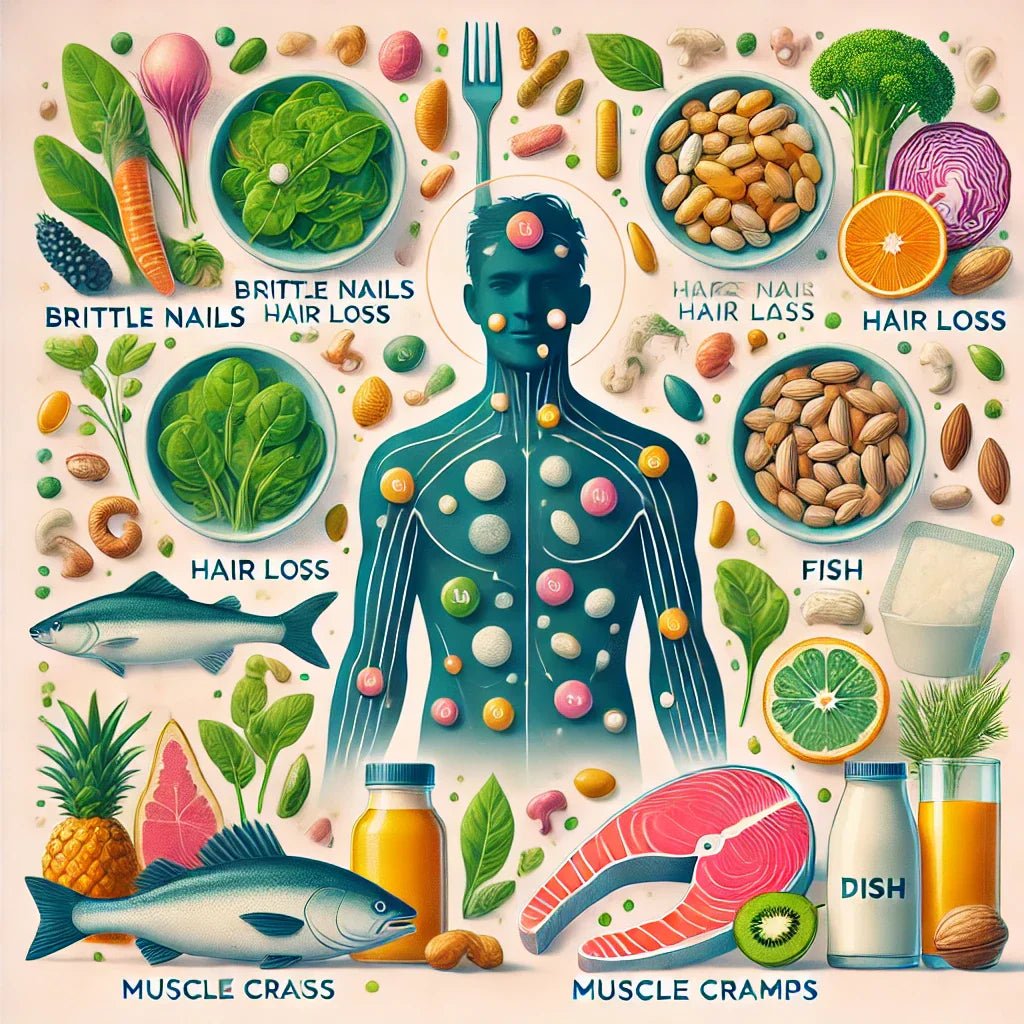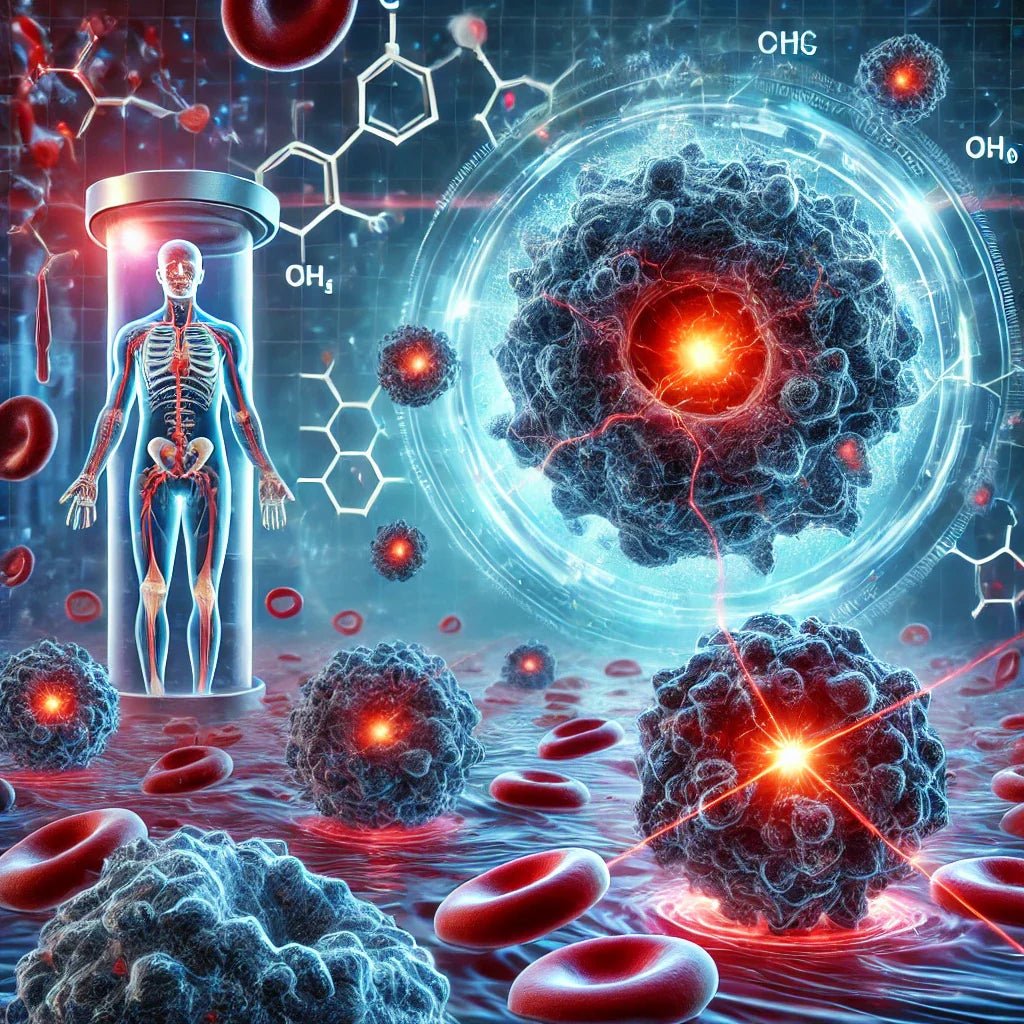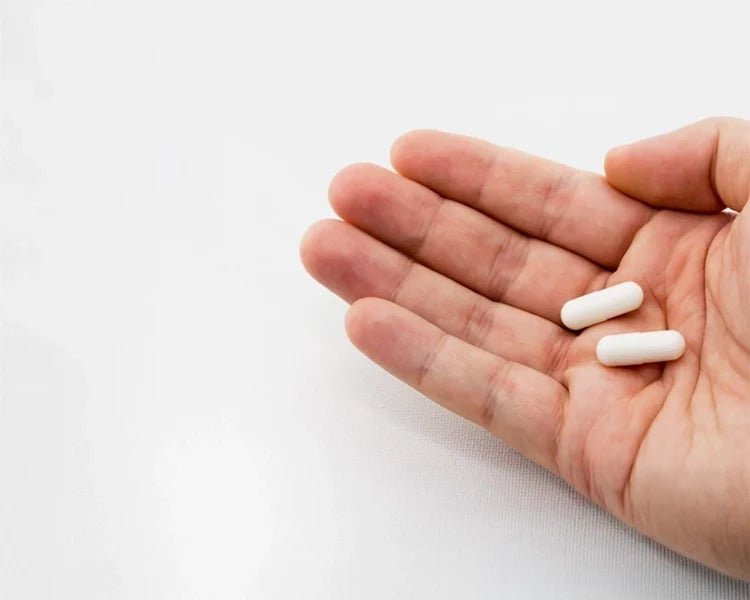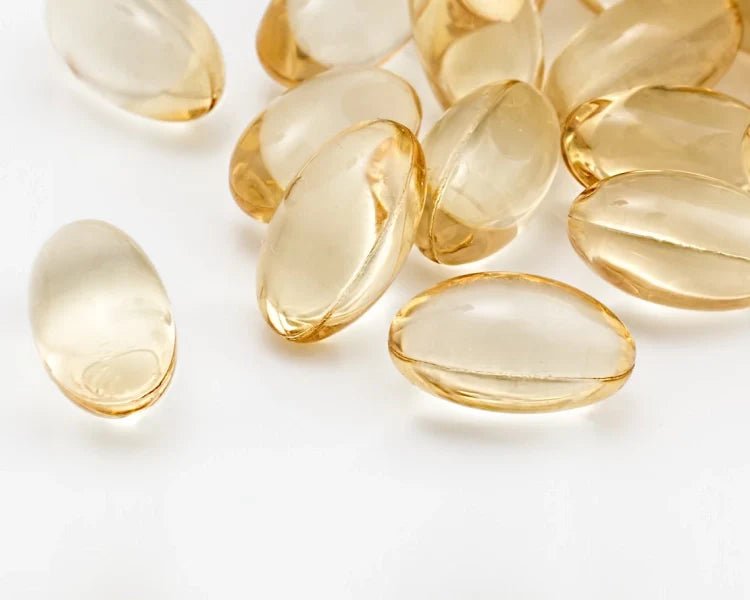High mortality rates due to CANCER mean that we talk about cancer more and more often, and awareness in society is slowly starting to grow! Unfortunately, cancer prevention is still a much neglected topic that is often confused with diagnosis!
What is prevention?
Prevention, according to the definition, is activities aimed at preventing the occurrence of undesirable and negative phenomena - in other words - HOW TO PREVENT... In such a case, we realize that diagnostic tests may be an important element in the prevention of CANCER DEVELOPMENT, but not its occurrence.
According to WHO data, cancer is the first cause of death in the world, causing almost 10 million deaths in 2020 (with 19.3 million new cases!). Unfortunately, this is not the end - according to epidemiological forecasts, a constant increase in the number of cancer cases is expected, which in 2040 is expected to reach 28.4 million new cases worldwide.
The etiology of malignant tumors is unclear and their development is usually silent and asymptomatic. Therefore, people at increased genetic risk should consciously change their lifestyle to support the body in getting rid of cancer cells before carcinogenesis occurs.
According to the guidelines of the National Institute of Public Health, prevention should be introduced in 4 phases:
- early prevention – maintaining correct patterns of a healthy lifestyle
- primary prevention (phase I) – disease prevention by controlling risk factors
- secondary prevention (phase II) - preventing the consequences of the disease through its early detection and treatment
- tertiary prevention (phase III) – stopping the progression of the disease and limiting complications
There are strong correlations of cancer with environmental factors as well as genetic predispositions. Interestingly, genetic predispositions, in accordance with EPIGENETICS (a field of science that studies the relationship between genes and the living environment), our lifestyle and diet can significantly influence the activation of diseases recorded in the DNA code! Therefore, according to many specialists, the most important role in preventing cancer is played by early and primary prevention, the aim of which is to take comprehensive measures in healthy people.
European Code Against Cancer
In Europe, the European Code Against Cancer was published already in the 1980s, which is a compendium of knowledge regarding cancer prevention. The main message of the Code is: "By leading a healthy lifestyle, you can improve your overall health and prevent many deaths from cancer." Below are the most important tips at the top of the list:
- Eliminating tobacco smoking, as well as avoiding tobacco smoke as a passive smoker - tobacco smoke contains about 4,000 different substances, including over 40 known carcinogens. It has been proven that smoking and inhaling tobacco smoke as a passive smoker is associated with the development of lung cancer, oral cavity, throat, larynx, esophagus, bladder cancer and even pancreatic cancer.
- Maintaining proper body weight through regular physical activity and a balanced diet - According to data from the American Cancer Society Guidelines on Nutrition and Physical Activity for Cancer Prevention - obese and overweight people have an increased risk of developing certain types of cancer (gallbladder cancer, endometrial cancer, colon or breast cancer).
- Limit alcohol consumption - there is no safe dose of alcohol, and its simultaneous consumption with smoking cigarettes greatly increases the risk of, among others: head and neck cancers (e.g. tongue cancer, throat cancer ).
What should properly performed cancer prevention look like?
- Avoid active and passive smoking and limit alcohol consumption!
- Take care of good sleep - it is the time of regeneration, cleansing and the secretion of melatonin, the strongest antioxidant that our bodies produce !
- Provide your body with the right amount of fluid during the day! Reach for natural isotonic drinks, highly mineralized water, compotes and soups!
- Take care of regular physical activity - start with walking, cycling or swimming!
- Avoid eating highly processed food, trans fats, refined sugar, delicatessen products and artificial sweeteners!
- Pay attention to the quality of the products you consume and enrich your diet with high-quality dietary supplements!
- Try to work on excess stress in everyday life - it is a strong pro-inflammatory factor!
AUTHOR:
Marta Wcześniak
CLINICAL DIETITIAN
Sources:






